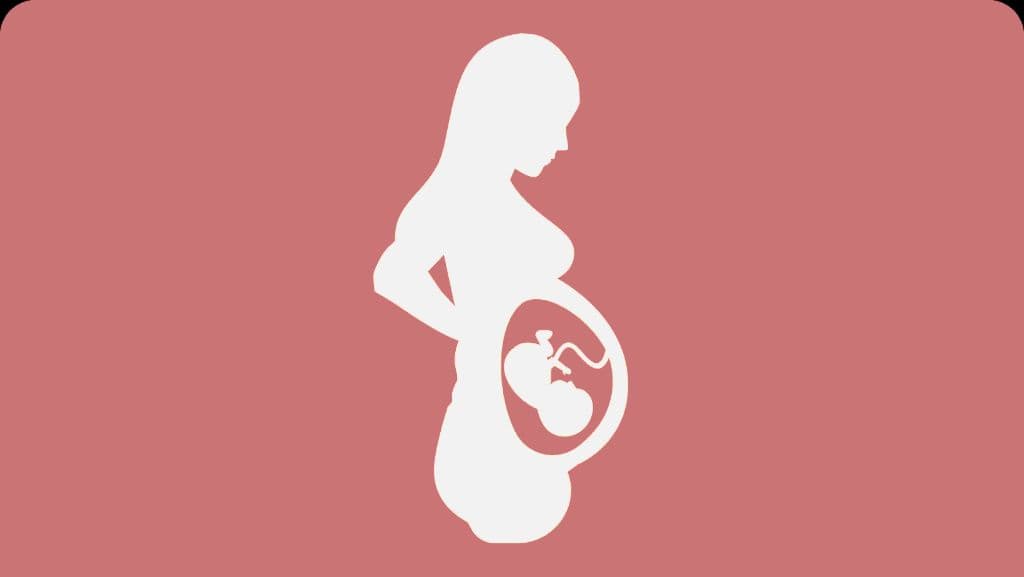A couple has many delivery options to choose from like vaginal delivery, water birth, or an elective cesarean delivery among many others. Unless there are any medical complications, they have the right to choose their preferred delivery option.
Every woman is distressed and anxious about the extreme pain that childbirth can cause. However, not many Indian women are aware about taking epidural analgesia for labour which can ease the immense labour pain to a great extent. It is more common in Western countries; India is yet to adapt to this method of painless delivery. The high cost of epidural analgesia could be a reason for this. Lack of awareness and misinformation also hinder epidural delivery for labour pain relief in India.
What is an epidural?
Labour generally lasts for long durations and can range anywhere between 12-24 hours. It can be tiresome for the mother; if there is prolonged non-progression, it can even cause fetal distress. There are different options available to reduce the pain like giving epidural analgesia during labour. During the epidural procedure, the anaesthetist injects a local anaesthetic into the space around spinal nerves in your lower back. The epidural anaesthesia effectively eases labour pain during birth. It helps you move and push your baby out when you need to.
What does analgesic and analgesia mean?
Analgesic is a medication that helps in achieving analgesia, meaning relief from pain.

How is an epidural given?
An epidural catheter (a tiny tube) inserted using a large needle into your epidural space around your spinal nerves in your lower back during the active phase of labour. After this, the needle is removed while the catheter remains in place for continually delivering the labour anaesthesia. The anaesthetic drugs reach the spinal nerves, thus causing a sensory block. Since the nerve signals are blocked, the associated labour pain is negligible. But she can feel the contractions.
When you use the patient-controlled epidural analgesia, it becomes convenient for the mother as she can administer the drug to herself at periodic intervals as per her need. In this case, the catheter is attached to a pump filled with an anaesthetic medication. It has a safety lock to avoid excessive administration of the drug.
Epidural anaesthesia works for natural births as well as C-sections with minimal complications.
How long does the effect of epidural last?
After each dose of the anaesthesia, the effect may last up to 1-3 hours. After that, the doctor would administer another dose of the analgesic medication. The mother would do that in the case of patient-controlled epidural analgesia.
Benefits of getting an epidural during labour pain
Increased maternal satisfaction
It is a known fact that labour contractions are extremely powerful and painful. Even the uterus, cervix and other pelvic structures get stretched out of proportion which causes immense pain.
After receiving epidural anaesthesia, the mother attains pain relief. It automatically puts her at ease and leads to a pleasant childbirth experience.
Reduces anxiety
Before the delivery, it is natural that the mother feels anxious about the unbearable pain that she would have to experience. Anxiety increases the heart rate and can be harmful to the mother and the child. However, when she knows there is going to be no pain, it would reduce her anxiety.
The expectant mother can move about
Epidural analgesia for labour and delivery is to block the sensory input, keeping the motor nerves intact. This is done by giving a lesser concentration of the drug. It allows the mother to move freely without feeling any pain. She can walk, feel the contractions and push the baby out.
Disadvantages of taking epidural for women in labour
Pushing the baby out may become strenuous
Epidural analgesia during labour allows the mother to rest. But sometimes, due to lack of pain, some women may not push hard enough.
Low blood pressure
Epidural can cause a slight fall in blood pressure. It can also happen if the mother has not eaten or had enough oral fluids. Sometimes, if the blood pressure falls too low, the mother may feel dizzy or even faint. At such times, she immediately needs to be hydrated with water or intravenous fluids.
Risk of converting vaginal delivery into a C-section
If the mother’s pushing is not effective enough, the delivery may have to convert into a C-section. It is one of the most common complications; in most cases, there is a successful delivery.
Is epidural safe for the mother?
Epidural is safe if the insertion procedure is performed well by a trained and experienced professional. In extremely rare cases, there is a chance of direct or temporary nerve damage as well as back pain or infection at the site of insertion. Sometimes, needle insertion may cause a headache too. The mother may also experience an adverse drug reaction to the local anaesthetic.
Does epidural analgesia affect the child in any way?
Usually, mothers having taken epidural analgesia does not affect the child in any way. In some cases, it may cause fetal bradycardia, which means slowing of heart rate for the baby.
Other pain relief options for women in labour
There are other types of analgesics/ pain relief options for labour pain apart from epidurals. Below are some analgesic examples which fall under the category of intravenous pain medications.
- NSAIDs (Non-steroidal anti-inflammatory drugs)
- Opioid analgesics - These drugs usually need to be dispensed and administered with great caution as they may affect breathing in certain persons.
Apart from medications, there are some natural remedies for pain relief during labour and delivery.
Lamaze technique
It is a controlled breathing technique that can help in relaxation and reduce the perception of pain.
Deep breathing
Taking deep breaths is one of the best ways to calm and relax your body when stressed. This technique can put anxious mothers at ease.
Meditation
Meditation with a focus on breathing can help in relaxing the nerves in the body. It can help in reducing stress and enhance the labour experience.
Should you consider taking an epidural?
Epidurals are one of the most efficacious labour analgesias for obtaining pain relief. However, whether analgesic medication is the right option for you or not is a decision best taken after consulting your doctor. It is always better to be well prepared and well informed for a relaxed and pleasant childbirth experience.
Disclaimer: This information is educational and should not be construed as medical advice. Please consult your doctor before making any dietary changes or adding supplements.
Proactive For Her is a digital clinic for women, offering accessible, personalised, and confidential healthcare solutions. We offer out-patient care, diagnostic services and programs for various health concerns of Indian women, across their lifetime - from puberty to pregnancy to menopause.

